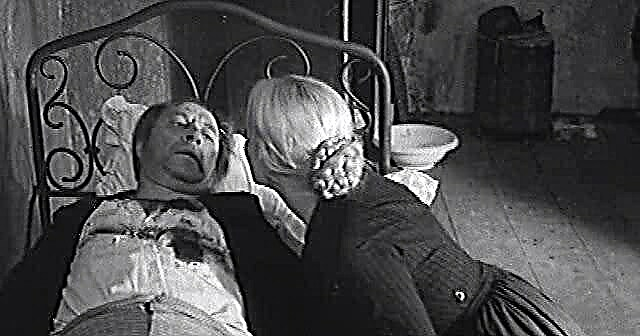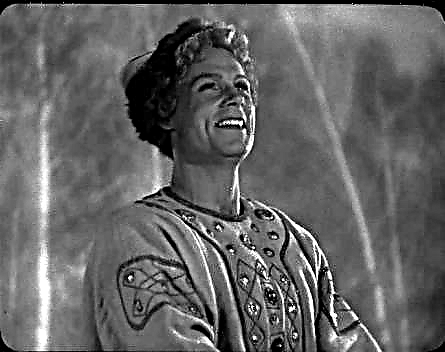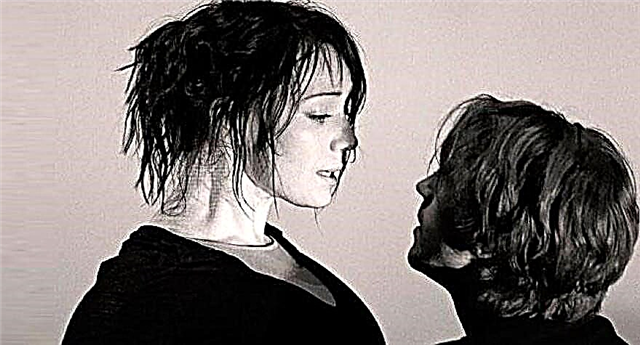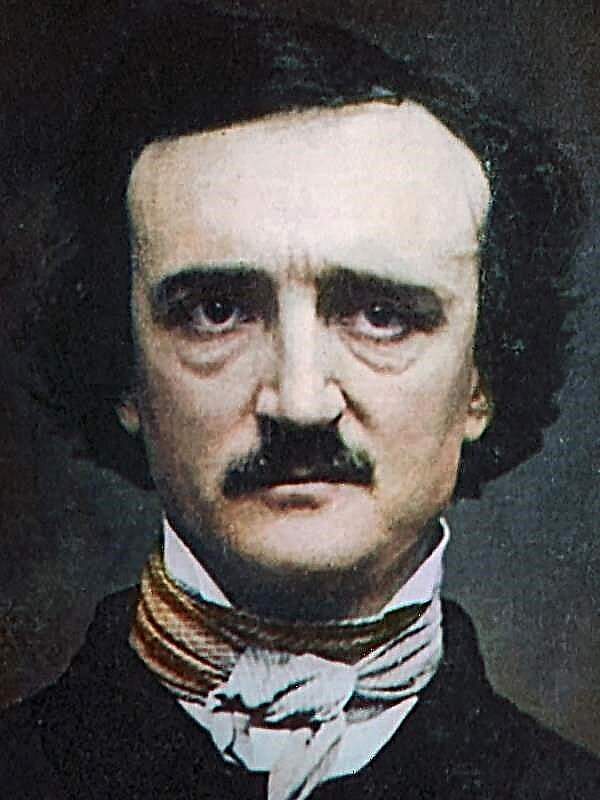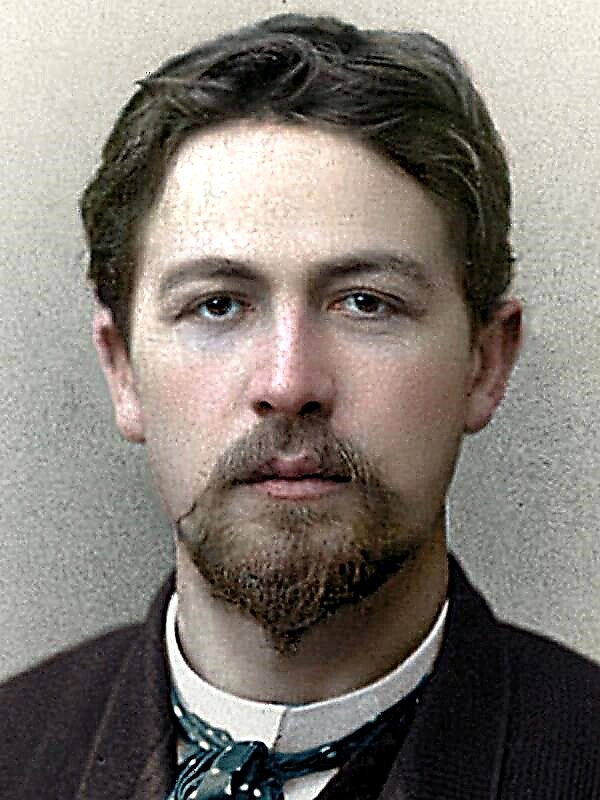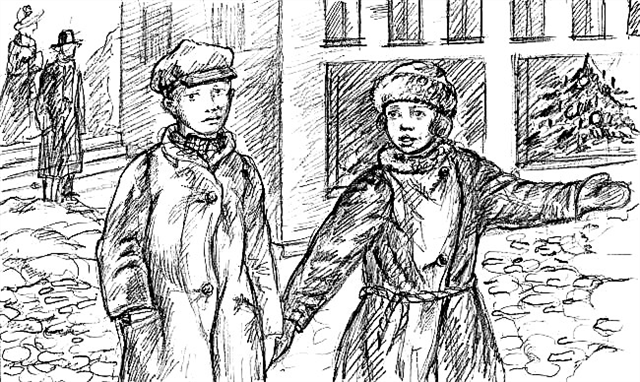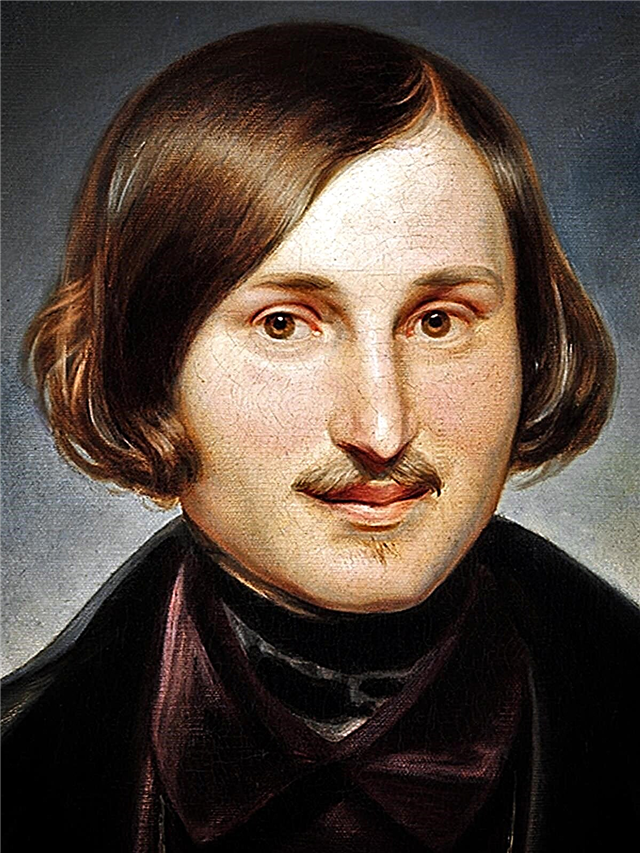In Griboedov’s times, the Russian nobility was carried away by the philosophy of enlighteners (Voltaire, Didro, Russo), who believed that the mind should bring happiness to a person. Griboedov reflected the moment when disappointment began in such ideas. His work shows that the mind becomes the cause of suffering.
The author said that in his play "25 fools per one sane person." For Griboedov, the mind is the ability to independently and progressively think, to uphold their rational ideas. That is the mind of the protagonist. Chatsky talks about the need for education, honest service. Condemns the cruelty of serfdom. The hero expresses really important thoughts, but it is because of them that society begins to consider him crazy. The fact is that they do not coincide with the majority opinion. When Sophia makes a rumor about Chatsky's insanity, all the guests gladly pick up this gossip and spread it. For Famusovskaya Moscow, this is the most convenient way to deal with Alexander’s convictions. Now you don’t even have to argue with him, do not prove anything, you just have to say that he is crazy. Of course, Chatsky humiliates and insults him, but he turns out to be defenseless against slander. His mind led to a conflict with society and to the fact that the hero became an outcast.
Another reason for Chatsky’s suffering is his relationship with Sophia. Three years ago there was spiritual intimacy between them. Sophia liked Alexander's witty sayings. She supported his opinion of mutual acquaintances. Now the main character expects that everything remains the same, but in reality the girl has changed. Now she is not interested in ironic pearls, she thinks about love, about family. She wants her chosen one to be like literary characters who are kind, modest and loyal. It seems to her that Molchalin possesses such qualities, and she considers her childhood friend to be too angry, harsh, even compares with a snake. The heroine rejects his ideas, that is, does not accept the orientation of his mind.
It turns out that Chatsky’s progressive beliefs become the causes of his grief, not only socially, but also personally. This idea is just reflected in the title.

